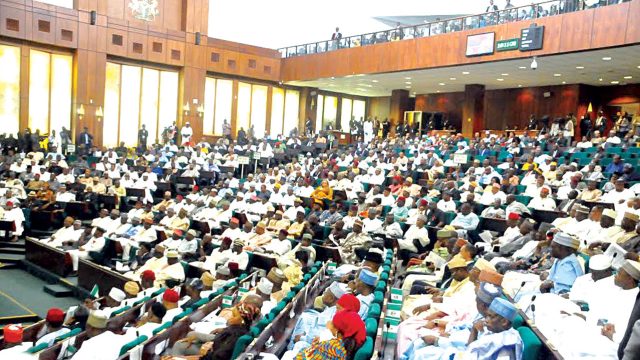A Benin sociocultural group, Ogbakha-Edo, has rejected provisions in a bill currently before the National Assembly seeking to establish a National Council of Traditional Rulers, citing concerns over the proposed permanent co-chairmanship positions for the Sultan of Sokoto and the Ooni of Ife.
In a statement read by its chairman, Prof. Sam Guobadia, and signed alongside secretary Dr. Andrew Osaretin Izekor, the group argued that the leadership positions should be rotational and not assigned permanently to any monarch.
“We find it highly inappropriate to perpetually subjugate the Oba of Benin by way of an illogical constitutional enactment,” Guobadia said. “This ill-conceived and historically unjustifiable proposal is not only logically flawed but also provocative, divisive, and culturally offensive.”
The group said the proposed structure would undermine the authority and historical stature of the Oba of Benin, whose influence they claim extended beyond present-day Edo and into other regions long before colonial intervention.
The group said, “The Oba of Benin was not merely a king, but an emperor with vast dominions, extending across present-day Edo, Delta, parts of Ondo, Lagos, and into present-day Benin Republic. Northwards, the influence of the Oba reached beyond Esanland and Afemai territories to the foothills of the Kukuruku Mountains.”
Ogbakha-Edo questioned the criteria used in selecting the Sultan and the Ooni as permanent co-chairmen, arguing that considerations of historical, territorial, and cultural significance were overlooked in favour of geopolitical balance.
“It is very obvious that in arriving at the conclusion that only the Ooni of Ife and the Sultan of Sokoto should be permanent co-chairmen, ostensibly to represent the geopolitical north and south regions, historical, territorial, and cultural pedigree were not taken into account,” the statement said.
The group called for either the withdrawal of the bill or an amendment to make the leadership of the council non-permanent and rotational among all recognised first-class traditional rulers.







